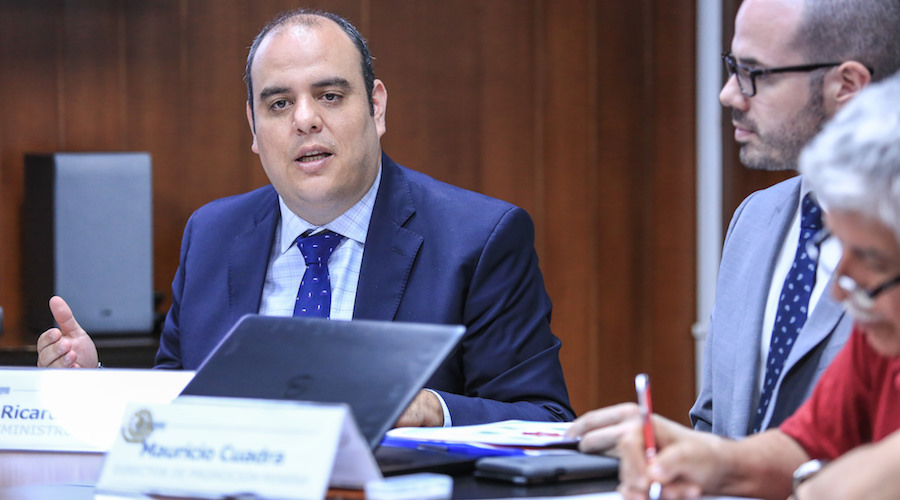Mining investments in Peru grew by 54.8% in November

Peru’s Ministry of Energy and Mines released its most recent statistical report, which highlights that November was one of the best months in 2016 when it comes to investments in the mining sector. According to the deputy minister Ricardo Labó, investments grew by 54.8% compared to the same month of 2016 and reached $515 million.
The overall growth in investments from January to November 2017 was of $4.2 billion or 13.8% when compared to the previous year. Infrastructure led the hike with $1.2 million in investments, which implies a 45.2% growth. Exploration followed with $427 million or a 28.3% growth.
Production, on the other hand, saw a spike in specific products from January to November. Copper output, for example, grew by 3.6%, iron by 12.3%, zinc by 10.7% and molybdenum by 8.6%.
Only in November, higher output from key assets such as Las Bambas and Antamina drove copper production up by 3.8% when compared to the same period in 2016. Similarly, zinc production went up by 9.2% in November, when compared to the same month of 2016.
Iron ore production saw a major spike in November with a 29.3% growth following the end of a strike that started in October at Shougang Hierro Perú, which is responsible for almost 99% of the country’s iron ore output.
Gold didn’t do so well, however. The yellow metal saw a 1.3% decrease in output during the eleventh month of the year.
Overall higher production numbers benefitted Peruvian exports, according to the Ministry of Energy and Mines’ report. From January to October, mining products generated 65.5% of the country’s export revenues, with copper, gold and zinc contributing half of those revenues.
{{ commodity.name }}
{{ post.title }}
{{ post.date }}




Comments